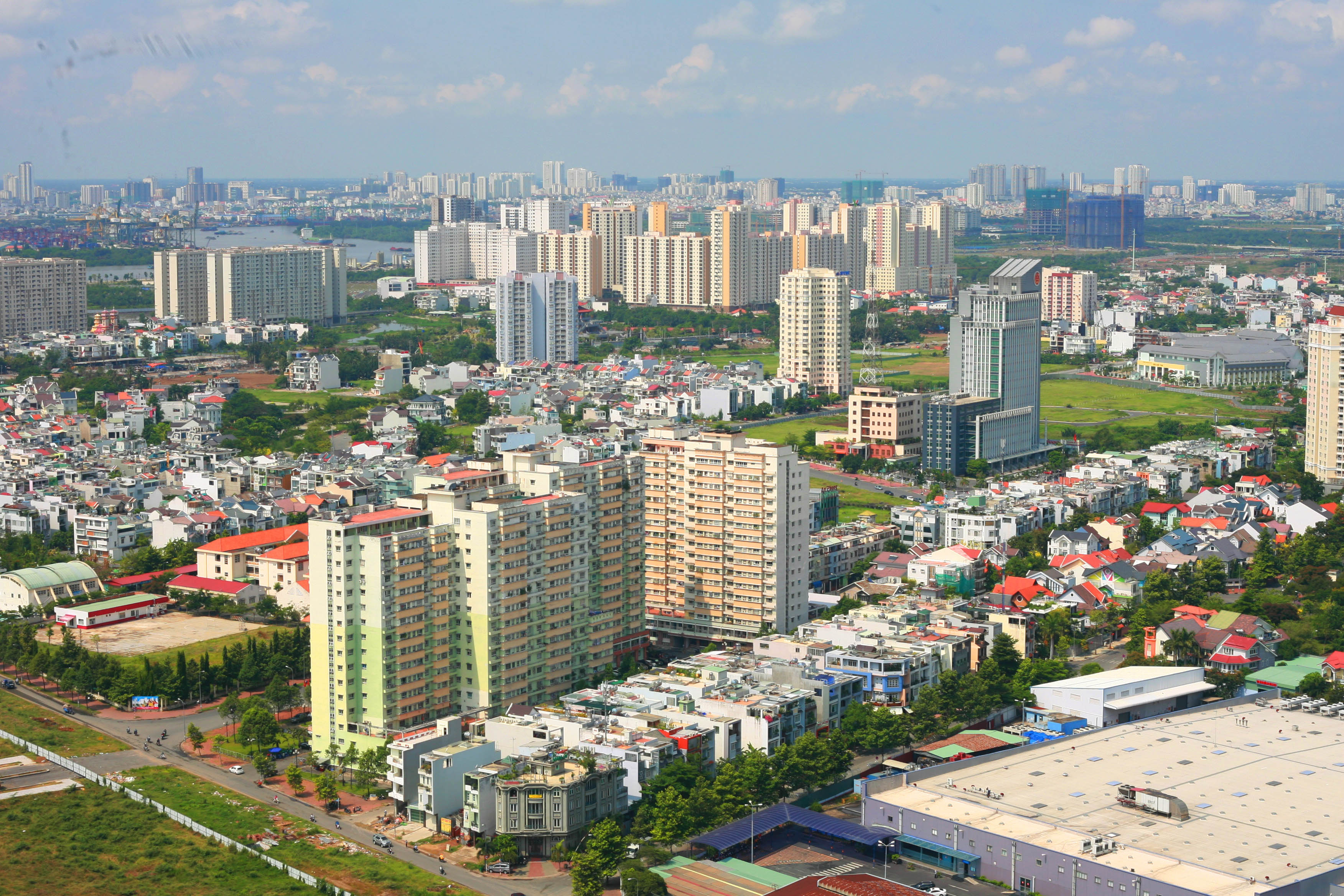Market value and its effect on land use fee
 |
| The arithmetics behind the land use fee has been changing dynamically over the years and evaluation remains somewhat of an art in itself |
 |
Let us recap the developments in land law which have affected the determination of the land use fee.
Land law in Vietnam has developed significantly over the last 20 years, with the current Land Law 2013 reforming valuation methodology to assess land use fees taking into account the free market condition and prescribing assessment by an independent valuation company.
Prior to the 2002 Land Law, land use fee was rated at a fixed land price index and did not reflect the market value. Instead, the state enacted a statutory pricing formula for calculating land value. The general tax office used the coefficient-based method for calculating, by taking the stated land price and the coefficients of the relevant administrative area.
However, the price differences between government rates and market value gradually increased and government prices did not reflect the market value, denting the government’s budget.
The market value was left out of consideration during the assessment of land use fees until 2013, when the freshly-amended sought to remedy discrepancies. This piece of legislation provided much-needed transparency in the assessment of land use fees and injected market value and market comparables, independent evaluator’s assessment, and multi-level approval authorities by the Department of Natural Resources and Environment (DoNRE) and the Department of Finance (DoF) offices into the matrix. The three most important bases of valuation for land use rights are the permitted land use, land use term, market evidence of the similar land use.
The basis of valuation stipulated in Land Law 2013 that the definition of market value is regarded as formal evidence of sale transaction which occurs within a reasonable timeframe to be used as the basis for determining land use fee. However, it still presents challenges due to a lack of official data from the Land use right registration office.
Since 2015, the process of procuring land use right certificates involve application to DoNRE in conjunction with DoF’s approval, where both authorities assess the land use fee as a prerequisite of issuing land use right certificates.
This process provides transparency in assessing land use fees with another layer of approval, although it concerns developers as it inevitably stretches the timeline of the approval process. It is required that a developer shall make an application to obtain a LURC accompanied by essential documents, such as the city people’s committee’s approval of land allocation document, a 1/500 master plan, an investment license, and any other relevant documents. Land use fees shall be independently assessed by a certified valuation firm appointed by DoNRE through a tender.
Developers recognise that land costs which consist of pre-calculation of the land use fee and other associated costs such as compensation and holding costs should be closely examined during the early stages of land acquisition, followed by the development feasibility study to deliver an effective master plan.
What the stars mean:
★ Poor ★ ★ Promising ★★★ Good ★★★★ Very good ★★★★★ Exceptional
Latest News
More News
- Dong Nai experiences shifting expectations and new industrial cycle (January 28, 2026 | 09:00)
- An Phat 5 Industrial Park targets ESG-driven investors in Hai Phong (January 26, 2026 | 08:30)
- Decree opens incentives for green urban development (January 24, 2026 | 11:18)
- Public investment is reshaping real estate’s role in Vietnam (January 21, 2026 | 10:04)
- Ho Chi Minh City seeks investor to revive Binh Quoi–Thanh Da project (January 19, 2026 | 11:58)
- Sun Group launches construction of Rach Chiec sports complex (January 16, 2026 | 16:17)
- CEO Group breaks ground on first industrial park in Haiphong Free Trade Zone (January 15, 2026 | 15:47)
- BRIGHTPARK Entertainment Complex opens in Ninh Binh (January 12, 2026 | 14:27)
- Ho Chi Minh City's industrial parks top $5.3 billion investment in 2025 (January 06, 2026 | 08:38)
- Why Vietnam must build a global strategy for its construction industry (December 31, 2025 | 18:57)

















 Mobile Version
Mobile Version